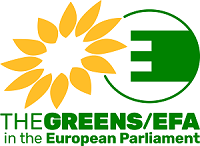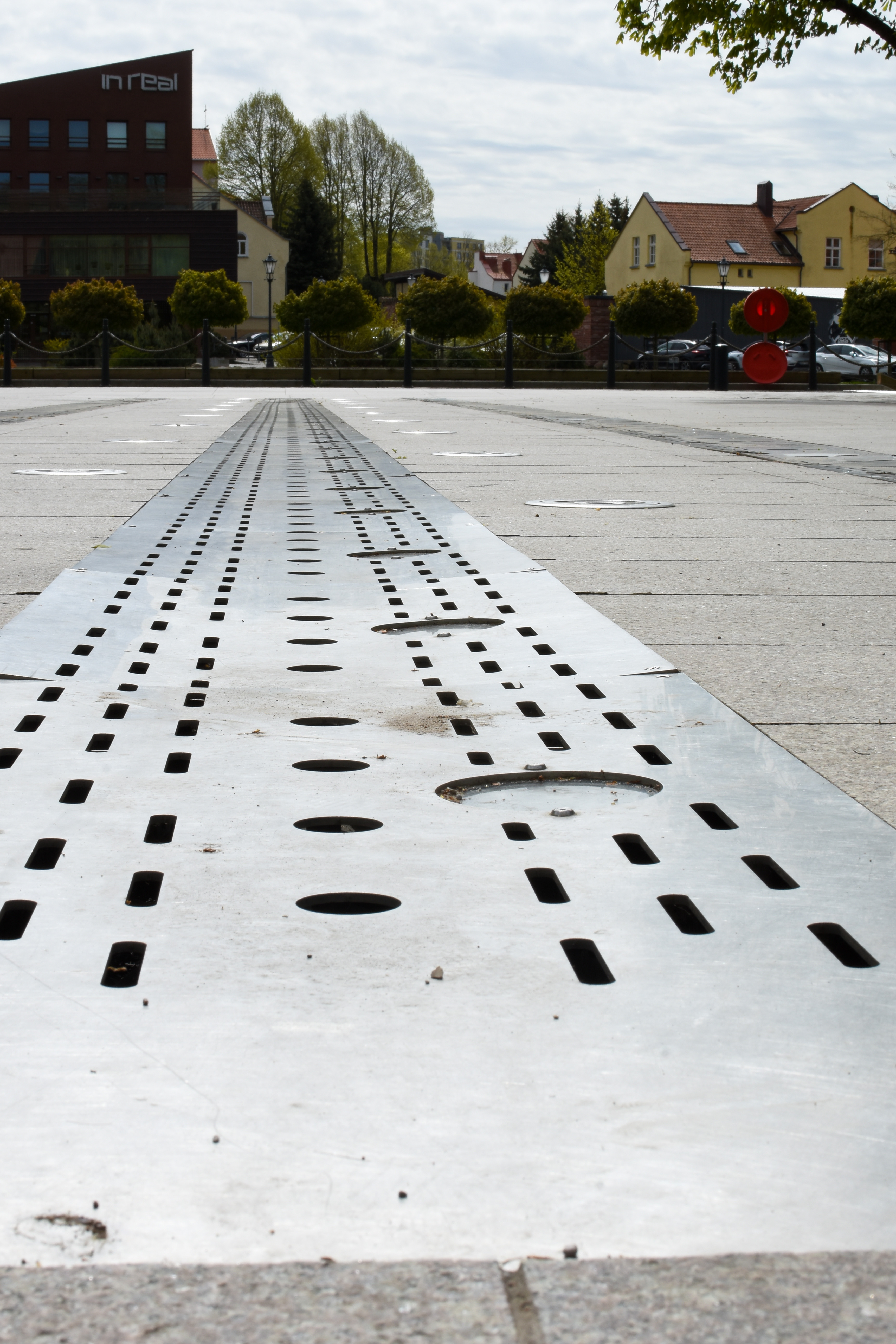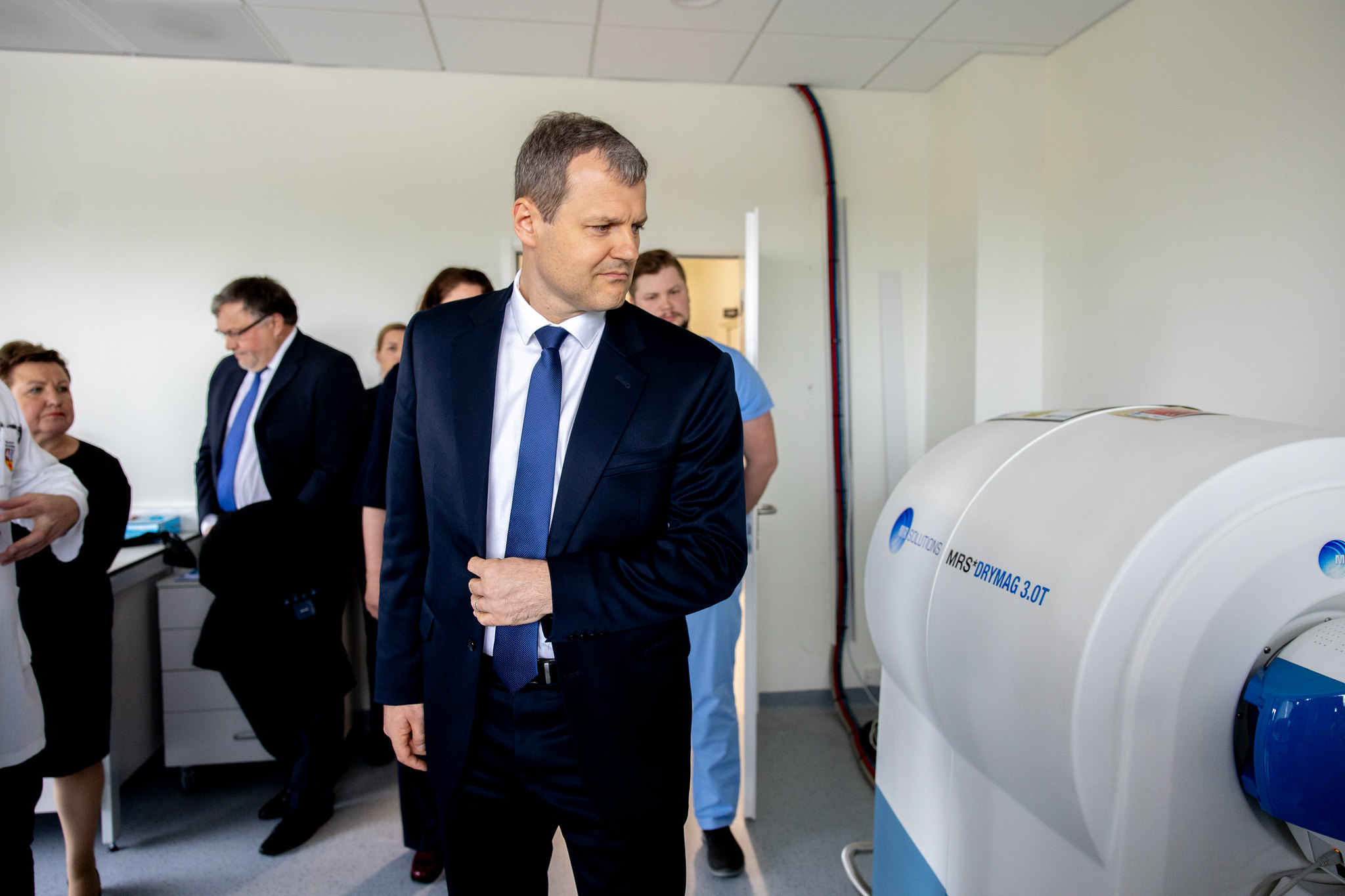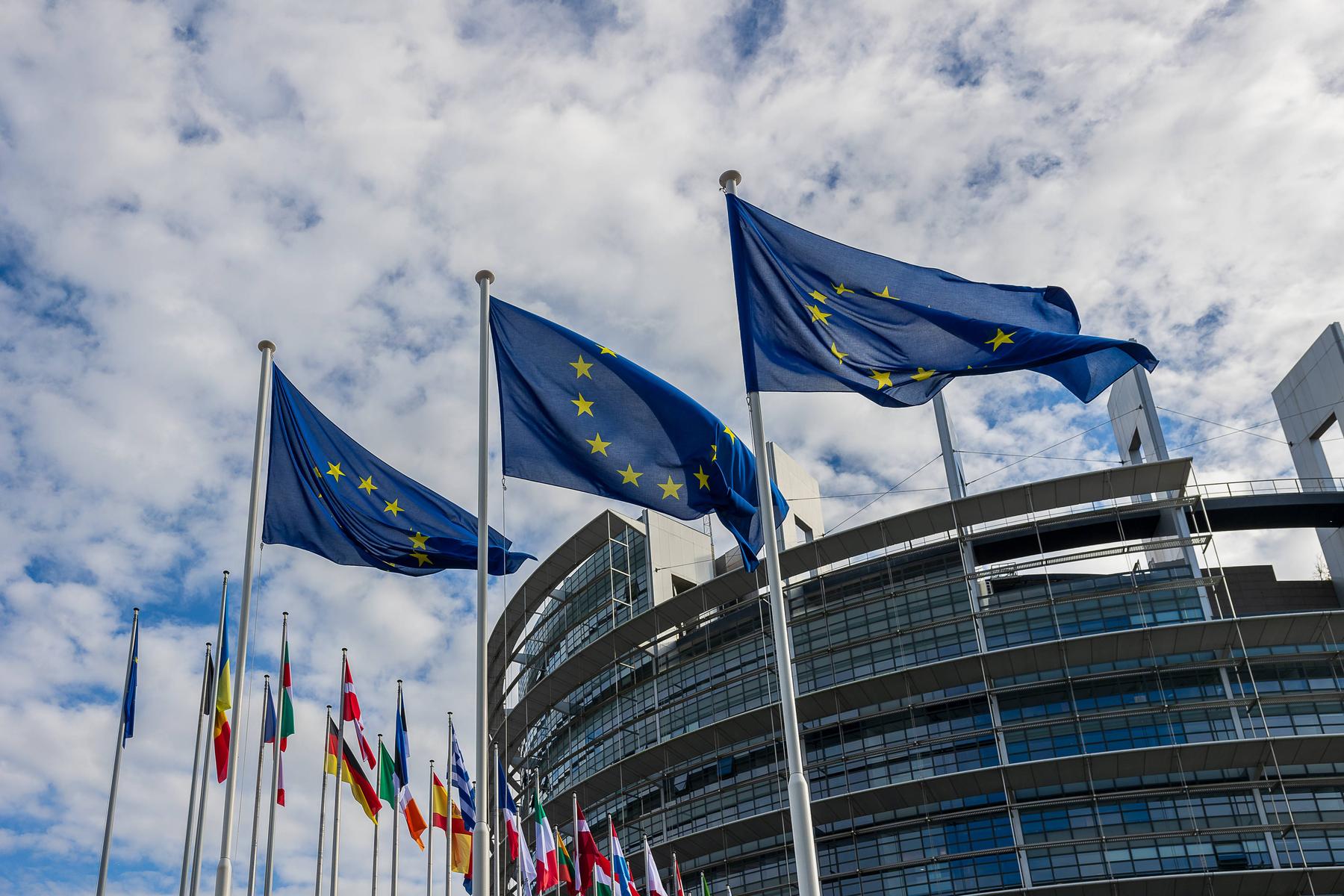European Day we have something to celebrate

– What thoughts do you meet this European Day? – We asked V. Sinkevičius.
-As the war in Ukraine began, the symbolism of May 9 became a reminder that we chose the right direction. We went consistently and became part of the EU and NATO. Seeing a difficult situation in Ukraine, innocent death, constant terrorization of this country, is another confirmation that we chose the right one.
– What would you say to fears that in the case of military aggression, however, there will be no defending us from Russia?
– We will definitely have help, but the fact that we need to start with ourselves. You need to be prepared for yourself. It is necessary to ensure that our neighbors are ready. The Baltic Sea Bloc is the main one with the very first reaction and assistance because it is closest. Of course, different countries identify the main problems, threats, priorities. The situation is perceived differently, such as Italy, Spain and the Baltic States. However, in all countries, impetus, changes in strengthening defense capabilities have occurred. The aforementioned Spain, Italy and other EU countries plan to reach 2 %. GDP for defense. It seems to us that this may be few, as we are moving towards 5 percent. boundaries, but their 2 % There is a very different amount than ours because their budgets are much higher. So for those parties, it’s a big step forward. It is good that these changes are not delayed, not waiting for the war to expand. It is good that EU countries are working together in defense, supporting Ukraine. We each do our homework, ensure that we are ready. Other EU countries also do their work.
– What are the opportunities for the EU to defend themselves and defend any block state?
– It must be remembered that the EU is a peace project. It is a cooperation through the prism of the economy. EU parents, architects of this union, never included defense policy in the EU agreements. Defense theme in the EU is new. The defense industry began to be promoted. A fairly solid EC package for the defense industry – $ 800 billion is placed on the table. euros. Of course, it will all depend on the members of the parties how they will succeed in using these funds, how much desire and ambition will be. Some countries, such as Lithuania, other countries of the Baltic region, the Scandinavian countries, I think will fully exploit these opportunities. For Lithuania, this is a very significant contribution to its safety, which will significantly reduce the gap between budget opportunities and defense needs. In order to use it, we need to be prepared to do it, to have plans for what we need.
– How quickly do we react?
– When it comes to military purchases like weapons, it does not happen as a way to come to a store, to choose and carry home. However, if we are talking about infrastructure construction, things are going much faster in this area. We lack military infrastructure. Both in terms of the Lithuanian division and the German brigade. It will take a lot of money. I would also like to emphasize that it is very important that money is spent not only when buying weaponry, infrastructure, but also to attract investment in Lithuania. For example, for repair services, other service. The opportunity to produce any part of the armament is the opportunity for our industry to join the value chains. It would be a big impetus for improvement and the country’s economy.
– Another hot topic is US -EU relations.
– Yes, relations with the US EU are currently a major challenge. So far, there is no sustainable dialogue between the EU and the new state administration unless only with individual EU countries. When it comes to customs duties on the US, I think it is really possible to agree, but it is very important to identify what these disagreements are about what the US is really seeking. For example, in the US, they have set up to grow and produce healthier foods. The EU is the best example in the world – very high standards for both growing and cooking. If the US had executed certain reforms, if they were to make it, they might have agreed on the export of agricultural production. Reforms in the US should be due to great differences. In the US production, GMOs are allowed, the EU is banned, as is the majority of chemicals. We cannot allow the EU to import the output or raw materials that do not meet our standards.
– What should Lithuania know in this area and what can be expected?
– Lithuania’s reaction was very timely. We were one of the first in the EU to present a plan to provide support for country manufacturers, an industry that might suffer if US customs duties came into force. Unfortunately, the only non -decision, the uncertainty in the markets, pushes the economy into stagnation. Refrained from plans for long -term investments. The numbers may not be dramatic, but the economic slowdown will be felt. The EU is also looking for new markets. It is about agreement with India, with Mercosur states. Another challenge is that Chinese goods can flood Europe without finding a cheaper road to the US market.
Lithuania will also depend on its tax reform and what international turbulence will be, because our economy is exporting. In general, 67 percent. our exports are in the EU, 33 percent. – beyond.
Trying to maintain the EU’s economy is competitive, to encourage economic growth, ecoms about simplifying regulation, reduction of bureaucracy, but will see how it will work in reality.
Another sensitive topic is the EU energy and heavy industry, creating most of the EU GDP. It is still dependent on Russian gas. The aim is to make the EU as much electricity as possible and to secure other energy independence.
– Ambitious plans and ambitions – many, and what has already been done, implemented? Do we have what to celebrate?
– Europe Day is aimed at celebrating what has already been achieved. We often forget and quickly accept the advantages that are taken for granted. For example, the fact that the use of a mobile phone across the EU does not pay any bonuses. Next up is the EU investment in Lithuanian cities and towns. Have you noticed how they have grabbed and tidied up? Let’s not forget the achievements of the Schengen area – the free movement of goods and people within the EU. This contributed significantly to the successful development of businesses.
We really have something to celebrate. There have always been and will always be, it is important that we look at them not only as problems but also as possible. We can and seek to exploit the current situation as an opportunity to strengthen the connection, unity of EU countries and the power of the EU as an economic community with the growing advantages and quality of life for the population.







